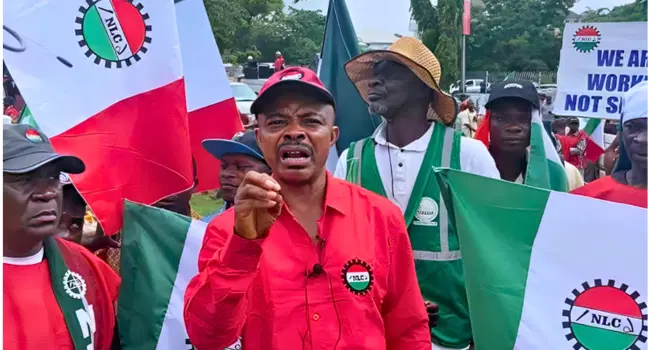The Nigeria Police Force (NPF) is against the creation of state police, stating that the country is not yet prepared for such a system.
During a discussion on state policing, Inspector General of Police (IGP) Kayode Egbetokun argued that police could increase ethnic tensions and lead to divided loyalties within states.
AIG Ben Okolo, representing Egbetokun, further explained that implementing state police would create multiple command structures, complicating law enforcement efforts.
ATTENTION: Click “HERE” to join our WhatsApp group and receive News updates directly on your WhatsApp!
Also, there are concerns that state governors could misuse their authority over state police for personal or political gain, risking abuses of power and human rights violations.
Egbetokun added that state governments lack the funding and infrastructure necessary to support the kind of policing needed at the national level.
Instead of creating a separate state police force, he suggested combining the Nigeria Security and Civil Defence Corps with the Federal Road Safety Commission to create a new department within the NPF.
The IGP stressed the importance of recruiting 30,000 police officers every year to meet modern policing standards set by the UN, alongside increasing the annual budget allocated to the police force.
In February, state governors endorsed the creation of state police due to increasing cases of insecurity nationwide.
The resolution was reached between governors in a meeting with President Bola Ahmed Tinubu on Thursday, February 15, 2024, in Abuja.
Following the meeting, the Minister of Information and National Orientation, Mohammed Idris, said the FG and the governors agreed on the necessity of state policing. He added that more meetings would be held to discuss the modalities of achieving the idea.
Subsequently, the House of Representatives deliberated on the State Police Act, which passed its second reading the following week after Tinubu met with state governors.
Hon Benjamin Kalu and 12 others sponsored the bill. According to Kalu, the bill emerged as a necessary response to several calls for a decentralized and community-oriented approach to law enforcement.


